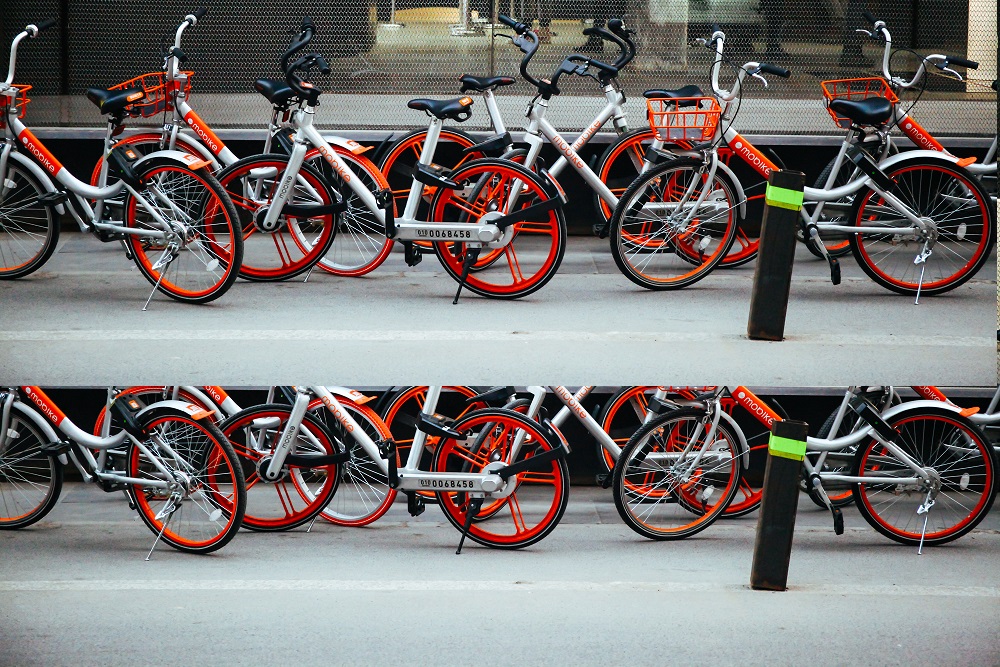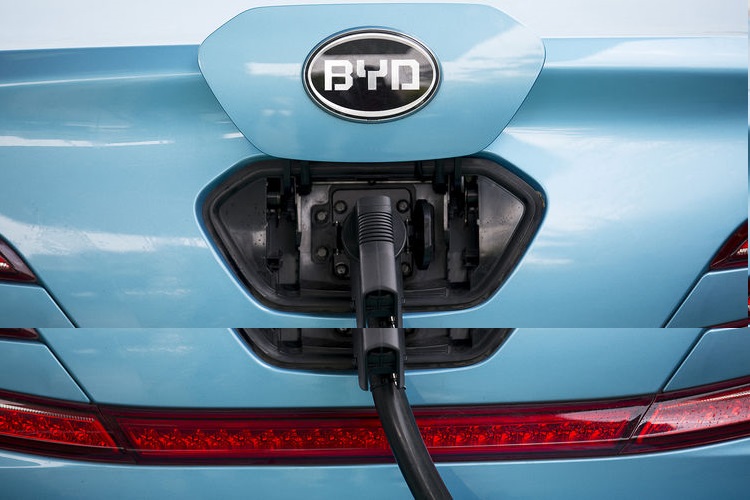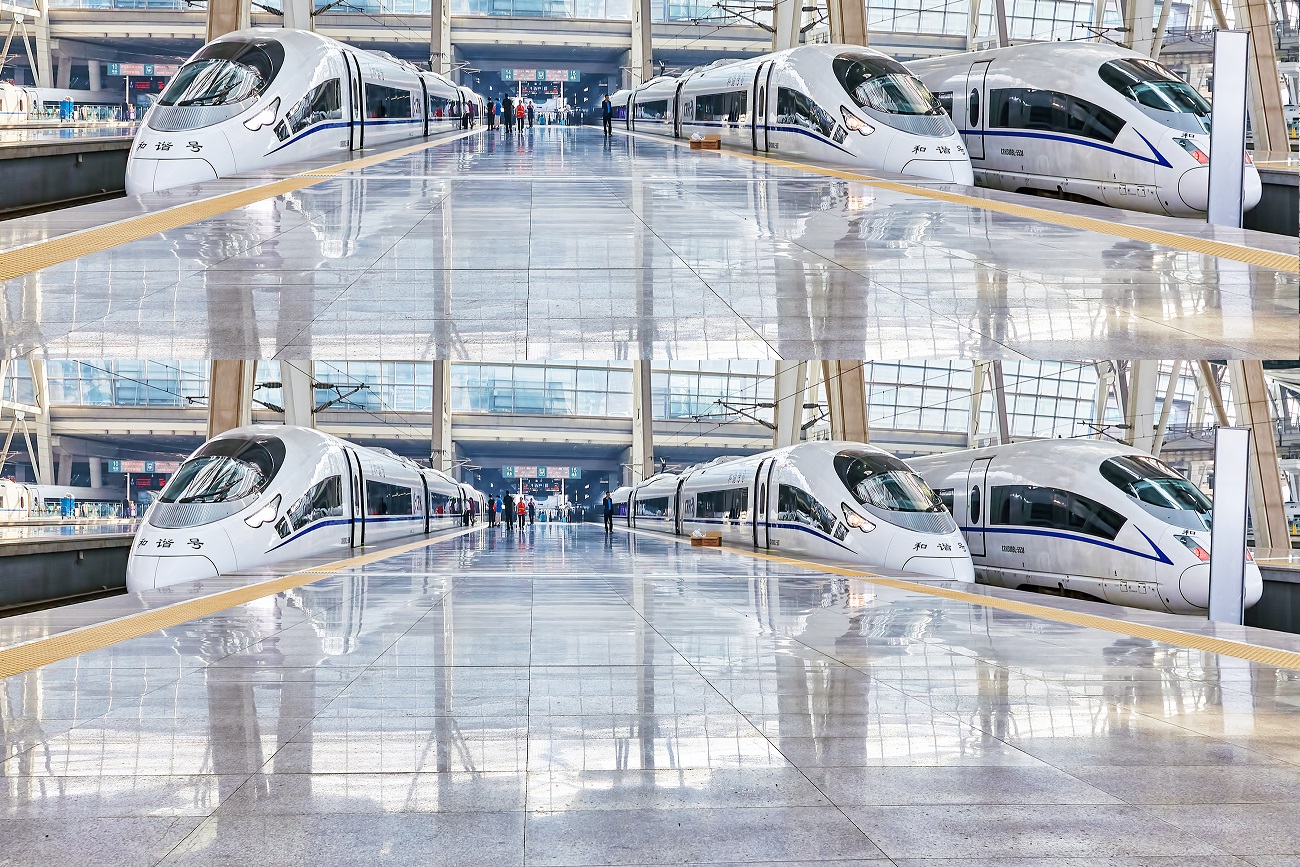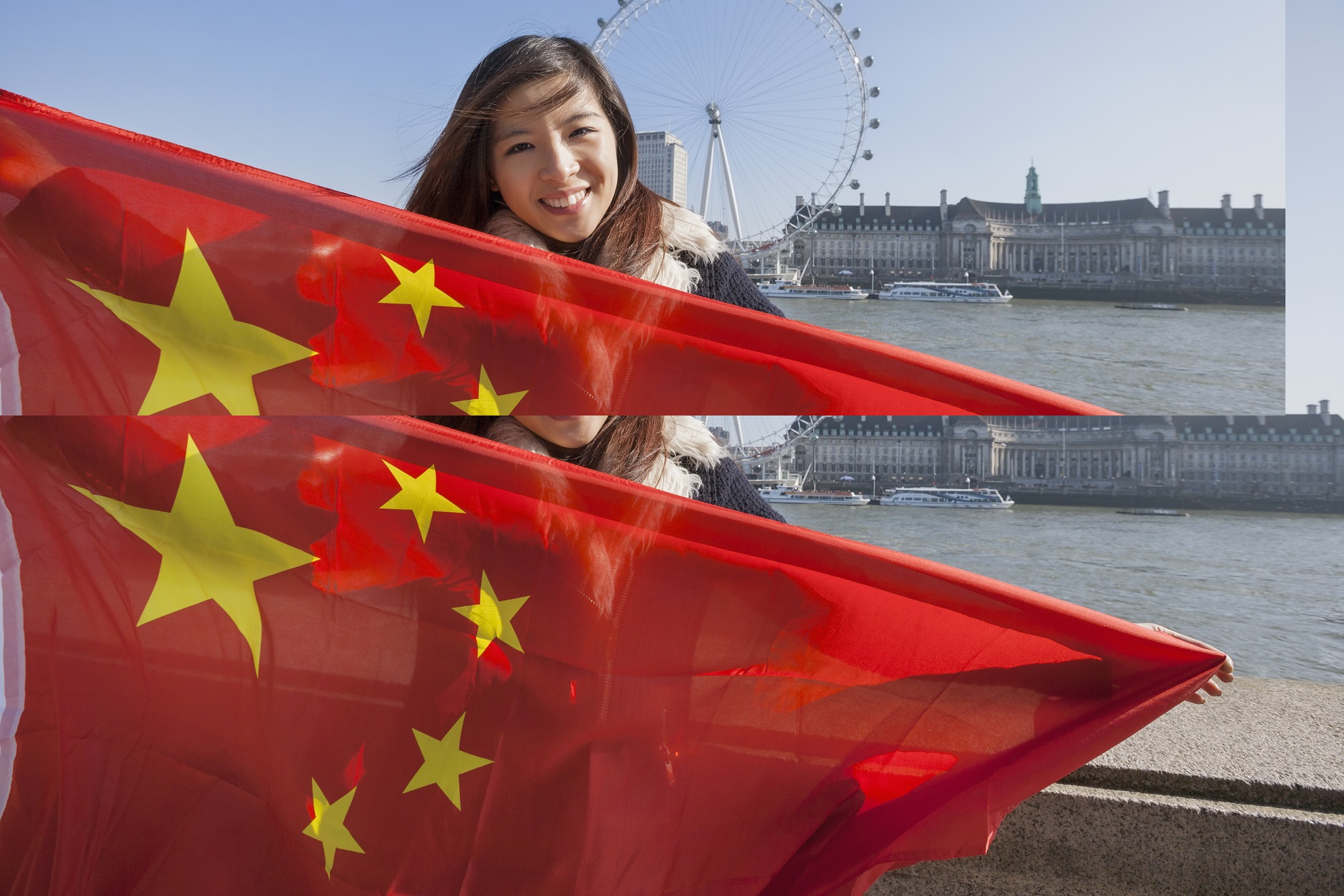How Anti-corruption is dramatically changing China (2)
In September 2008 at age 30 I moved to Qianan in Hebei province. I arrived in a city full op corruption. Now in 2016 it has been cleaned up.
This week the government launched some new initiatives to accelerate even more the speed of the anti-corruption campaign which has been going on for 4 years now. It reminded me of my own experiences in Qianan, a Tier IV (Or even Tier V) city about 200 kilometers east of Beijing. In 2009 I moved there to set up a new Joint Venture, including new cement factory with an investment of 6 million euro. Later on I became the GM of the company. Qianan has a population of about 600.000 people. I think within the Chinese context it’s fair to call this an oversized village. On Tripadvisor the Qianan is being described by a German businessman as “unbedingt vermeiden!”, which means as much as “to avoid at all costs”. A Chinese visitor says that the city should be visited “only if you have to stop in this town!” It’s the place where I worked for 5 years and lived for 3 years (the last 2 years I commuted from Beijing).
Just like hundreds of other cities in China, Qianan is totally dependent on one single economical sector. In the case of Qianan it was steel. The local economy thrived on steel and to a lesser extent cement. In the city there were about ten huge steel plants, and several other smaller ones. These plants produced as much steel as Germany, which is the world's seventh-largest steel producer. There were also several iron mines. Needless to say that Qianan contributes heavily to the extreme pollution in North China. Nearly all plants run on coal, which is still the case for 70% of Chinese heavy industry. Half of all the train transports in China are carrying coal. Moreover the local government did everything it could to support the steel sector as it was vital to the city’s economy. Steel made Qianan rich, very rich. Never in my life have I seen so many extremely luxurious cars on such a small surface. Tuhao (the new rich) drove Bentleys, Ferraris, Austin Martins,… you name it. Officials themselves drove big black Audis and worked in very big offices. It was not really according to the rules, but who cares anyway.
As there were barely any laowai (foreigners) in Qianan and because I speak Chinese fluently, I was able to meet local company owners, local officials and government representatives on a very frequent base. As a matter of fact I entered the inner circle of that closed world. I also made quite some good friends in Qianan from whom I learned how things work locally. The combination of all this provided some deep insights in local life, habits and business environment. Most notable corruption was absolutely rampant and out in the open. It seemed that everything could be done, as long as the right amount of money was provided. Some production lines from steel plants were complete built illegally. However these companies were protected by local government which provided the ‘official’ licenses, land and financial back-up (all bad loans now of course). The owner of one of the steel plants -who incidentally also owned a French wine chateau from which he served wine at the banquets I sometimes attended- told me that they all knew there was an overproduction in the steel sector. Nevertheless, the government supported them to expand, so that’s what they did.
Once in Summer 2011, during a time of very heavy pollution in Beijing, national (not local) officials from the huangbaoju (Department of Environmental Protection) in Beijing came to the city for a few days to inspect some of the local plants. Our plant was to be inspected too. Several days before the visit local officials conveyed the message that although our plant was brand new and completely according to regulations, we better not produce during daytime. The smoke coming out of the chimneys was too visible. At night however, production could continue. “Nobody sees the smoke then anyway” they added. I suppose these directions were given to most heavy industry factories, so it was no surprise that the pollution remained heavy. In theory the local government cooperated with the Beijing officials, but in reality they just wanted them to leave as soon as possible. After the national officials returned to Beijing, it was business as usual. A few weeks later however, local government informed us that electricity production for most of the heavy industry plants will be reduced to 20% of the original amount. This was decided by Beijing. I guess it was the only way that Beijing had to force the local factories to reduce production. It probably was also the only way to enforce the regulations onto the local government.
Qianan officials also had the grand vision of transforming their city into a new Beijing. The local government found it necessary to build an enormous state-of-the-art indoor and outdoor sport stadium, where they planned to host national and even internal sport events. In 2011 a brand new five-star hotel -with government backed loan- opened its doors. I stayed there one night. The hotel was as good as empty. During breakfast there were 3 other guests. The lights in the main hall were not turned on to save on electricity. The rooms were very luxurious but cold to save energy. Every few months or so local villages were cleared and needed to make room for the expanding city. Sales of local land to real estate developers were for the local government a good revenue stream. Local people were given two or three apartments instead. Sometimes they also got extra cash as compensation. Our ayi (nanny) was one of these people who needed to leave her home with her family. She complained that getting three apartments in the city as compensation was absolutely useless. As Qianan was expanding so dramatically, new residential complexes were built everywhere. Lots of apartments were empty. Of course locals feared for a real estate bubble which would the undermine value of their new property. These issues sometimes erupted into social unrest. I witnessed some demonstrations before the City hall where angry citizens gathered. In one serious case, a small riot broke out where police had to use some force. It is said that there are yearly more than 200.000 cases of social unrest in China.
Fast forward to Spring 2015. I am back in Qianan to visit some old friends after an absence of two years. At first sight the city still looks the same. But after visiting some local officials and talking with friends, I notice a tremendous change. It seems that the anti-corruption campaign from President Xi Jinping which started in 2012 has caused huge effects. After 12 years in China I know that rules and policy can be flexible, so I figured that Qianan -as it’s a small city anyway- would be less affected. Nothing could have been further from the truth… Volkswagen Santanas have replaced the big government Audis. Most top officials have changed their offices and reside now in much smaller and much less luxurious places. One of my friends told me that some officials are under investigation for alleged corruption, one vice-mayor already in prison. Another official I knew relatively well has fled the city and lives now in hiding. One owner of a steel plant is also in jail. When I asked another friend (a lower official) about the mood under the local officials, he replies that they are close to terrified. Not only is there the anti-corruption campaign, social media is putting enormous pressure on them because everything can be reported. Most of them are obliged to follow the new rules (at least on the surface). Bribery and other kinds of illegal acts diminished a lot. Local government is also more inclined to rule by law, which automatically undermines their own authority. In the past -and what I experienced from the first row- they ruled not by law, but more at will; now they have to follow regulations much more than before. Local citizens are aware of this and become increasingly ‘difficult to manage’ as an official put it. He means that citizens are standing up more for their rights and demand that laws are being followed and implemented properly.
There are also the effects of the slowing down of the economy and the New Normal which has hit Qianan quite brutally. Current GDP growth in north-east China is only around 1% which is mainly because the region is packed with heavy industry. And as China is transforming from an economy based on heavy industry and investment towards a more service based economy where consumer spending becomes vital, cities like Qianan are in big trouble. Some steel plants have closed their doors. Only the ones who are upgrading their facilities and moving up the value chain are surviving. When I still lived in the city most plants had a lack of workforce. I know of one brand new production line which was hardly ever used because there were simply not enough workers around. Now unemployment in the region becomes a problem. Alcoholism is increasing (it was sometimes already a problem under the workers when I still lived there), social unrest is on the rise and the same goes for pickpocketing and theft.
It’s clear to me that anti-corruption, more rule by law (even in the countryside), growing individualism and a different economical situation, is creating a whole different environment. Cities need to adjust fast. Qianan, where innovation or any sign of the modern economy is simply not existing, needs to transform itself fast or will become an archaic remnant of the ‘old’ China. An official told me during my visit that local government is focusing on trying to attract investments in the renewable energy sector. Local government even provides rewards for people who bring in investors, just as in the old days. He asked if I didn't know any Belgian company which might be considering investment. In 2015 in China investment in the green energy sector exceeded more than a 100 billion USD, 17% up from 2014. No wonder Qianan wants a piece of that. At least they have enough heavy polluters which need to be cleaned up and are eligible for cleantech.
From Shanghai where I currently live it’s not always easy to see what China is really going through. That’s why my regular visits to smaller cities and meeting old friends are so valuable. After all, what does the coming of anti-corruption and the New China really mean for the people in Qianan? Or for the local governments which still hold significant power? Yes, China is facing big challenges, but western media who are already predicting the downfall of China, focus as usual only on the negative aspects of the transforming economy. The rise of innovation, growing consumerism and internationalism is largely swept beside. Qianan is hurt badly, but eventually these cities will try to survive as well as they can. Surely they need to clean up their act and somehow solve the immense local debt problem which is about 50% of the total Chinese debt. They will also need to adjust rule by law which is obviously not very much fun after decades of rule as de facto small aristocrats. And in the beginning they will resist to the new policies. However, they are very flexible and know how to adapt to the new wave. Local officials will try to ensure their own and their city’s survival. And that can only be done by following the new policies. Officials depend on it now.
But Qianan is only one side of the story. Other cities are thriving. During a visit to Fuzhou in Fujian province last week, local business people told me they didn’t feel any slowdown in the economy. On the contrary even. That has largely to do with the fact that Fuzhou barely had any heavy industry and depends on other sectors. A month ago I was in Changsha, Hunan province. The whole city seemed under construction. Also there the economy seemed to do well enough. Shenzhen that I visited last December is transforming itself to an innovation hub. Even Silicon Valley keeps an eye on the trends there. So in the end, what’s happening out there, in the complex structure which we call China, is a complicated story to say the least. But it’s clear that China is changing again and it does so drastically. I would never had thought that places like Qianan would change. But I was so wrong. To me, after living here one third of my life, it’s still tremendous to see what China really can do if it really puts its mind to it.




















